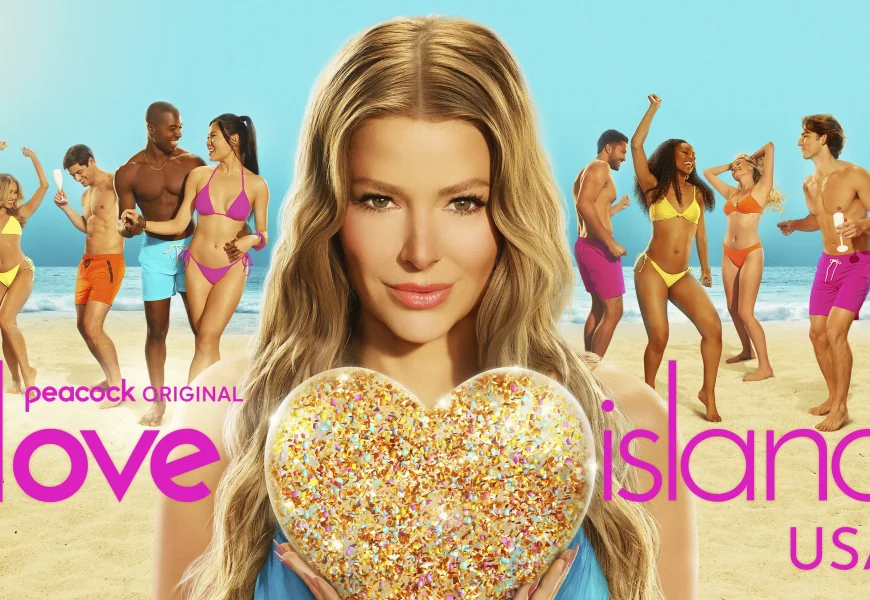It used to be that dating was as simple as deciding between dinner, a trip to the movies or an arcade. Now, understanding the dating scene has become intermingled with smartphones, matchmaking apps and one’s ability to navigate thorny social issues like racial preference in a mate.
Love Island revives conversation about racial bias and misogynoir in dating
It used to be that dating was as simple as deciding between dinner, a trip to the movies or an arcade. Now, understanding the dating scene has become intermingled with smartphones, matchmaking apps and one’s ability to navigate thorny social issues like racial preference in a mate.
“Love Island,” a widely popular international reality television franchise, is emblematic of the complexities of modern dating. It has also sparked heated discussions among fans about the desirability of Black women and darker-complexioned people both on and off air.
The show, which aired the finale of the seventh season of its U.S. version Sunday and is airing the 12th season of its U.K. version, casts conventionally attractive “islanders” who are generally in their early to late 20s for a six- to eight-week stay in a luxury villa. Men and women compete for long-lasting relationships and a cash prize.
But as the show’s daters face challenges meant to test their bonds, as well as elimination by villa mates or by fans’ vote, notions of who is and isn’t desirable frequently come up for viewers and contestants alike. In the end, many fans are left with the perception that racial bias, colorism and misogyny are especially inescapable for Black women on reality dating shows.


